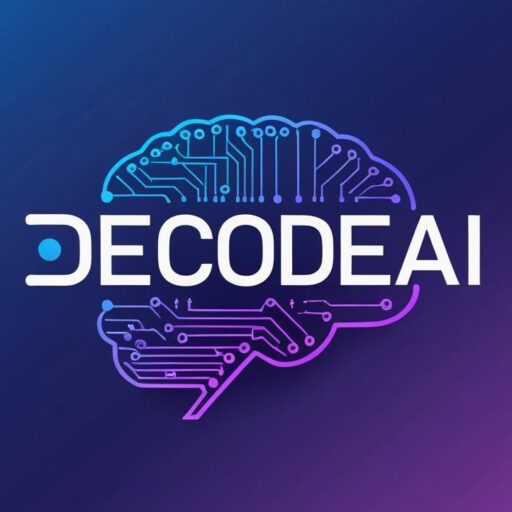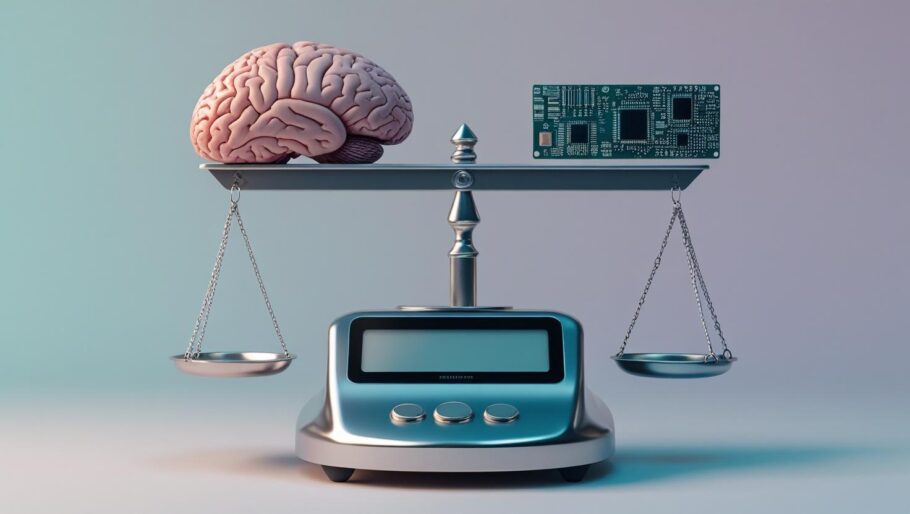Contents
Ethics in AI: What Beginners Should Know
Introduction
Artificial Intelligence (AI) is transforming the world—from automating tasks to diagnosing diseases. But as AI systems become more powerful, questions about fairness, transparency, and accountability are rising. Understanding AI ethics is essential for anyone beginning a journey in this field.
What Is AI Ethics?
AI ethics is the study and practice of creating AI technologies that align with moral values and human rights. It deals with ensuring that AI systems are designed and used in ways that are fair, responsible, and respectful of people’s rights and dignity.
Why Is Ethics Important in AI?
AI systems can have a wide-reaching impact on individuals and society. Without ethical guidelines, these technologies may cause harm by:
- Amplifying bias in decision-making (e.g., hiring, lending)
- Invading user privacy through surveillance or data misuse
- Lack of transparency in AI outcomes
- Replacing jobs without social safeguards
- Being used unethically in warfare or misinformation
Key Ethical Challenges in AI
Here are some major areas where AI ethics plays a role:
- Bias and Fairness: Algorithms can inherit human biases present in data.
- Transparency: AI models should be explainable, not “black boxes.”
- Privacy: Users’ data must be protected from misuse and breaches.
- Accountability: Developers and companies must be responsible for the outcomes of their AI systems.
- Autonomy: Humans should retain control over decisions, especially in life-critical systems.
Guidelines for Ethical AI
Several global organizations have created ethical frameworks to guide AI development. Key principles include:
- Human-centered design
- Inclusiveness and non-discrimination
- Transparency and accountability
- Safety and security
- Sustainability and well-being
What Can Beginners Do?
If you’re just starting in AI, you can still play a role in ethical development. Here’s how:
- Learn about ethics alongside technical skills
- Practice responsible data collection and usage
- Stay updated on ethical AI frameworks
- Question assumptions in data and model outcomes
- Contribute to open discussions about fairness and bias
Conclusion
AI has the power to do great good—but also great harm if misused. As a beginner in AI, you hold the potential to shape its future in an ethical direction. The sooner we prioritize fairness, responsibility, and transparency, the better equipped we’ll be to build AI that benefits everyone.

